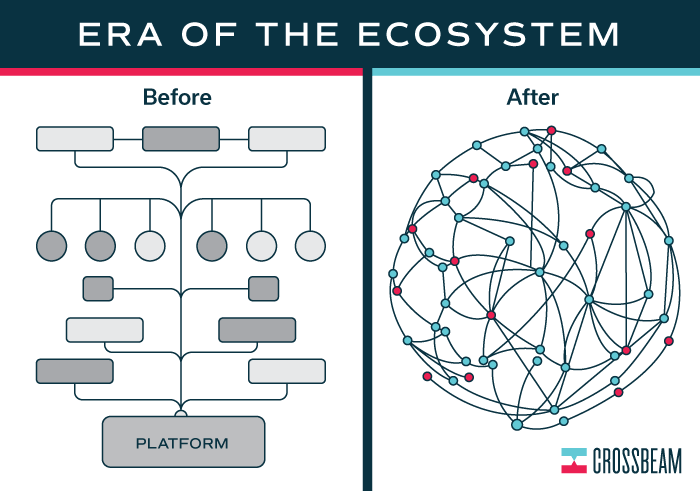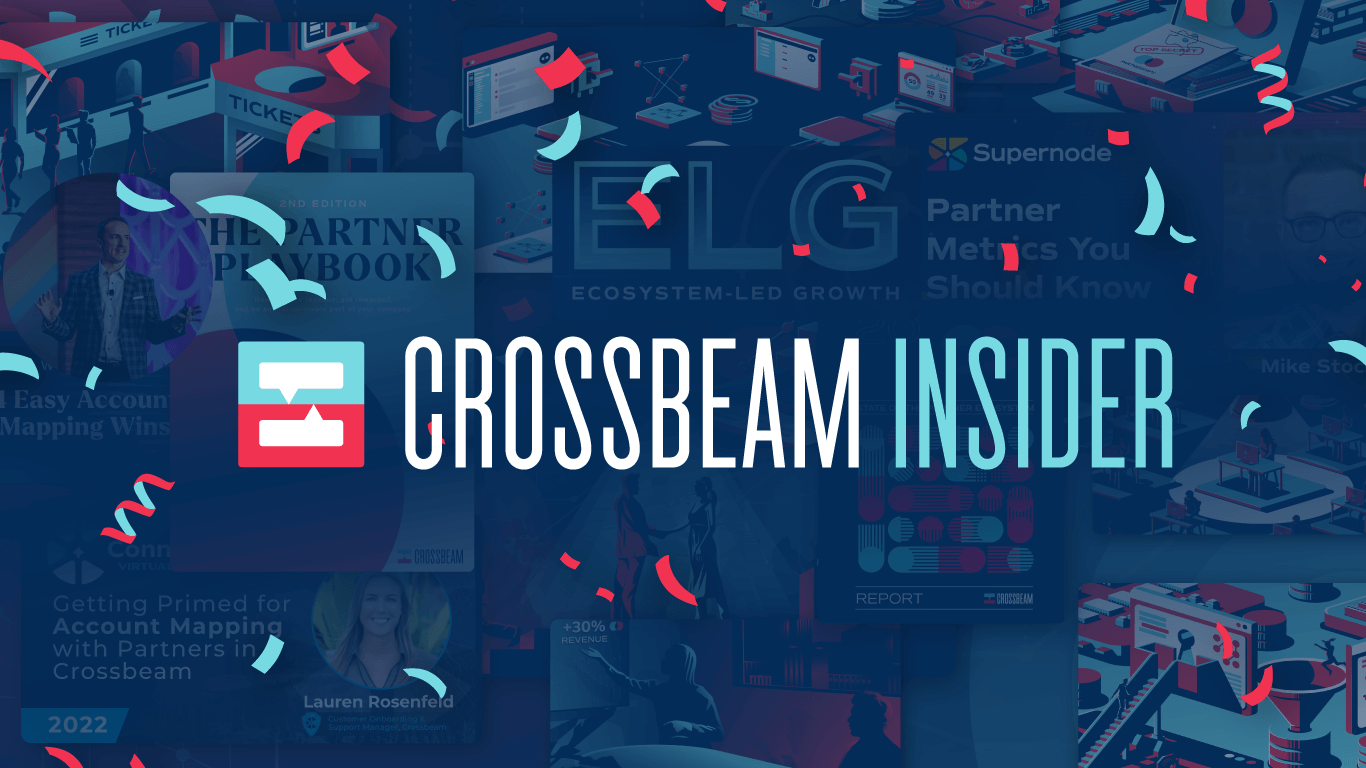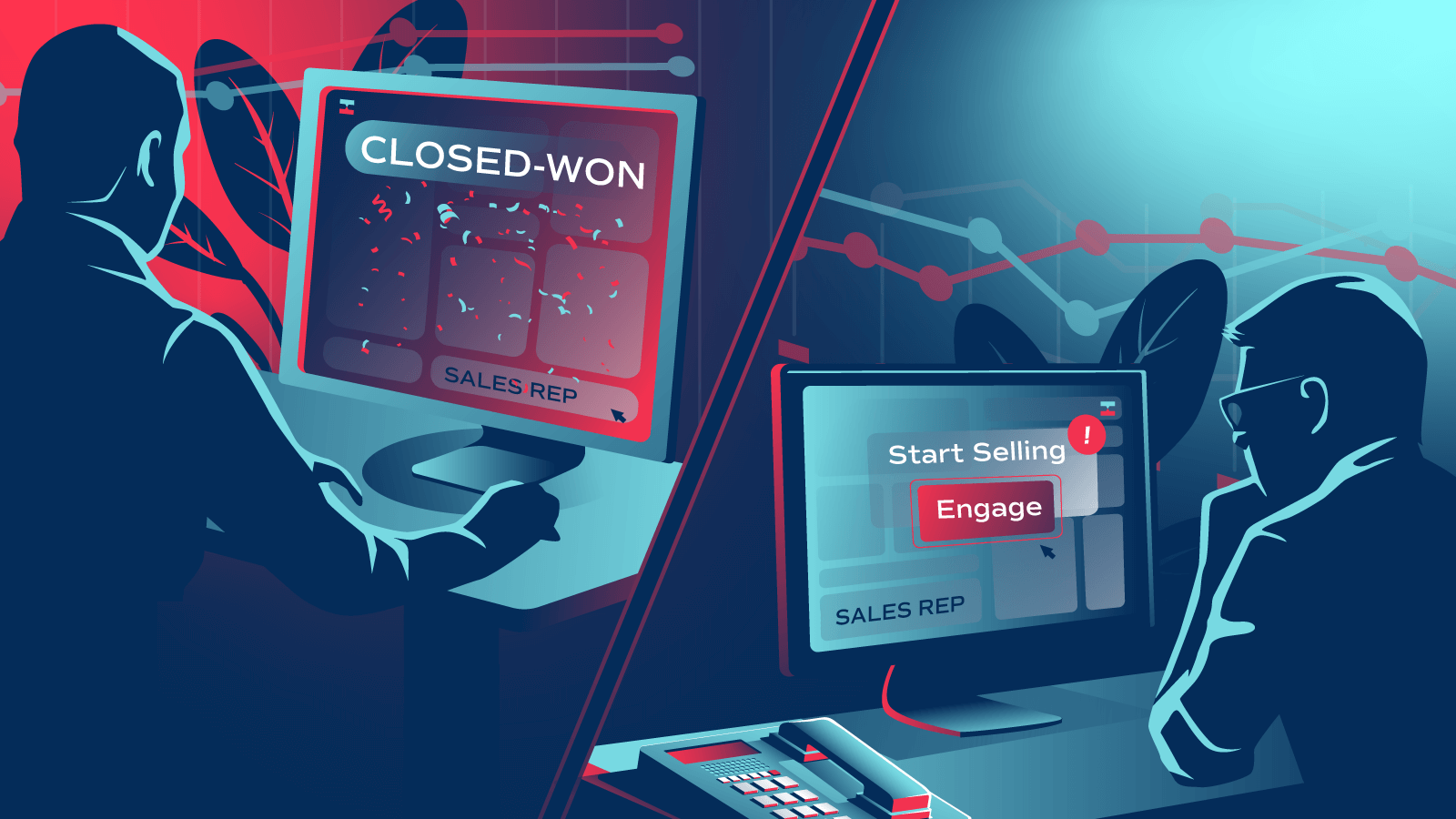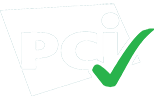We’re in the Era of the Ecosystem, and things are changing quickly. It can be hard to know where partnerships and the partner manager role is headed. In the lead up to the new year and our State of the Partner Ecosystem Report (get your copy of the 2020, 2021, and 2022 reports), we reached out to a few friends to ask a simple question:
“What is your partnerships prediction for 2020?”

We selected a variety of viewpoints. Participants range from marketing (aka “MarTech”) to content management to language schools; from tech to channel partners; and from coast to coast.
Enjoy!
Prediction #1: Content marketing will be more important than ever

“People are much more savvier to marketing and cold calling. Partnerships are heading to more toward genuine connections and building that trust is an essential role of a partner manager.
That’s why we publish content and train both sides of our partner equation, both agencies and clients. We’re in a noisy space and we think content marketing makes us a bit more authentic.
So when their potential partners think about using us for a new project, they say, ‘Oh I’ve read their stuff for years!’ There’s a relationship there. Having them in your CRM from their content consumption is a great advantage. Because when they do raise their hand you can see that they’ve looked every page on your site, it’s a pre-qualification.” — Paul Savage: Vice President, CoreDNA
Prediction #2: Developers will continue to take center stage alongside tech integrations

“You’re seeing companies target developers first with integrations, instead of going the B2B route. A lot of people in partnerships think partnerships are all about connecting with a biz dev, partnership, or alliances team. But we’re seeing a more consumer-oriented, developer, documentation-driven ecosystem that developers can just take and go run with.” – Troy Conquer: CRO, GoNimbly
Prediction #3: Partner managers will have to expand their skillset

“Being a partner manager is no longer running a sales pipeline meeting and checking in on deals. It’s putting programs together, tracking conversion rates, building funnels, building scalable marketing content. It’s going from one-to-one to one-to-many” — Matt Lewis: Sr. Partner Program Manager, Segment
(Read our full interview with Matt)
Prediction #4: SaaS companies will only focus on product and outsource the rest

“The customer wants to have one vendor. Why would you build features that are already solved? Why build your own app store where you can buy these now products that are app stores? Your team is not an expert in App Store building. It’s a waste of time. Your teams should be focused on the core functionality. That kind of stuff is going to be the future of integrations. Things like Zapier embeds are a really forward-looking product and is on track with where we’re heading.” — Sunir Shah: Founder, AppBind
(Read our full interview with Shah)
Prediction #5: Partnerships expands into content, training, and education

“One trend we’re seeing is the rise of companies working together around their mutual customers. This allows both partners to share costs around acquiring new customers, as well as create a mutual ideal customer profile. For customers, this helps to create a 1+1=3 situation where their core tools and products they use work together and not as standalone tools.
This goes beyond tech integrations and into things like mutual content, events, and training on how best to use platforms together.” — Lucas Walker: Strategic Partnerships, Gorgias
Prediction #6: M&A will increase in 2020

“2019 has seen an increased rate of M&A activity and this trend will likely increase as we go into 2020 and macro trends get more difficult. The MarTech world is coming together and more than ever, clients need their technology stack and partners to integrate seamlessly.” — Chris Emberson: VP, Partnerships, Newscred
Prediction #7: Software companies will also have to do sales training for their resellers.

“Technology has taken over many industries already, so most resellers and VARs already know how to sell software at least at the most basic level. But for industries that haven’t yet adopted software, selling software can require some education.
If you’re not familiar with the concept, software licensing can seem strange and hard to understand. If you’re bringing software to a new space, in most cases, those teams aren’t equipped to sell your product, and onboarding will focus a lot on this.
There are industries where what an SDR is, or how to use a platform to program an email cadence is still being understood. Selling software requires learning all of the parts of modern sales and it’s up to us to teach them.” — Daniel Lichi: VP Channel Sales, Voxy
Prediction #8: Tech partnerships will be a path to increased M&A, especially in industries with slow sales cycles

“Becoming a unicorn is not going to happen from scratch or from trying to be a one-stop-shop. That kind of growth is going to evolve from a lot of M&A in the space. And what better way to start M&A than toward building a partnership with potential acquisition targets?
It’s much lower overhead to start partnering with a company than it is to go straight to the buy. Here in property tech, they haven’t quite embraced that — probably because the sales cycle is so long. A lot of companies in this space will have to feel like they are missing out before they come to the conclusion that tech partnerships are a path to M&A.” — Eddie Holmes: Co-Founder, Unissu
Prediction #9: UX will drive partnership priorities
 “Strategic technology partners will continue to be a key growth driver for businesses by providing better options and product enhancements for customers. While each partner should be measured and tiered through the use of a partner program, partnerships that enhance the user experience should be the main focus. At the end of the day, a positive user experience is what will set your organization apart from competitors.” – Briana Strauss: Partnership Marketing, JotForm
“Strategic technology partners will continue to be a key growth driver for businesses by providing better options and product enhancements for customers. While each partner should be measured and tiered through the use of a partner program, partnerships that enhance the user experience should be the main focus. At the end of the day, a positive user experience is what will set your organization apart from competitors.” – Briana Strauss: Partnership Marketing, JotForm _
Turn your ecosystem into your #1 revenue source
Get started in under a minute. Instantly capture insights from your partners. Identify more opportunities. Did we mention it’s free?










